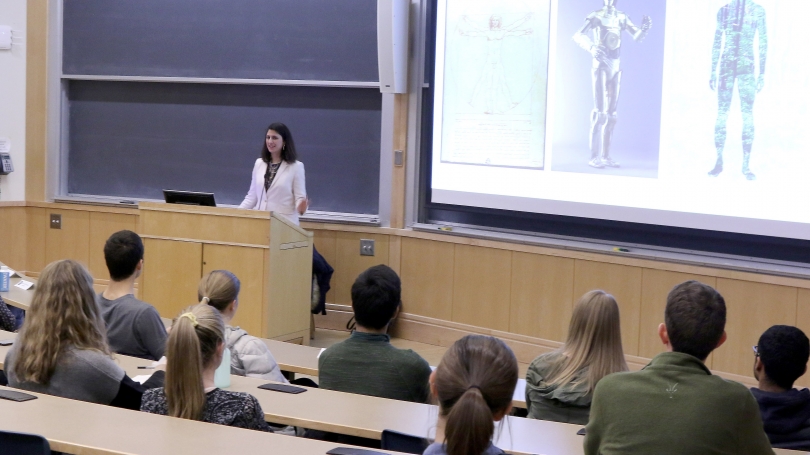
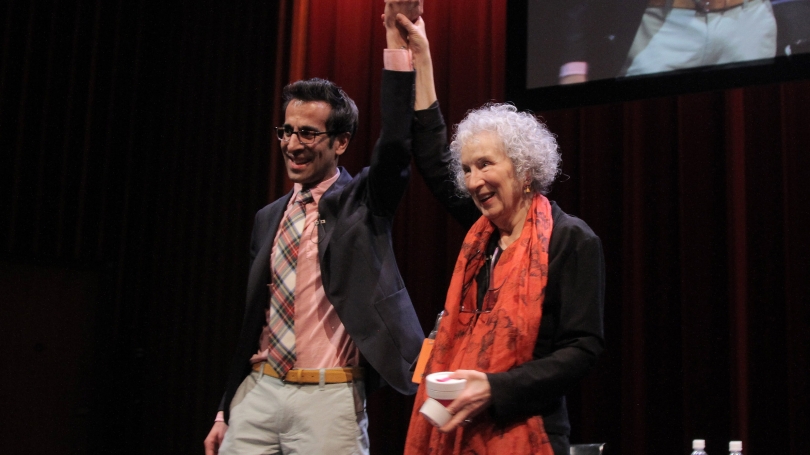
Margaret Atwood spoke on "In Deepest Dystopia" to a full house at Spaulding Auditorium.
Dorsett Fellow, Robert Post, gives a lecture titled "What We Get Wrong About Free Speech and the University."
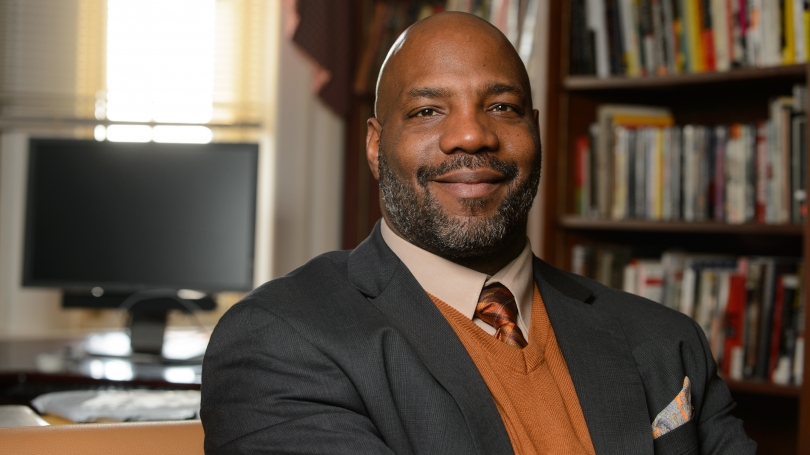
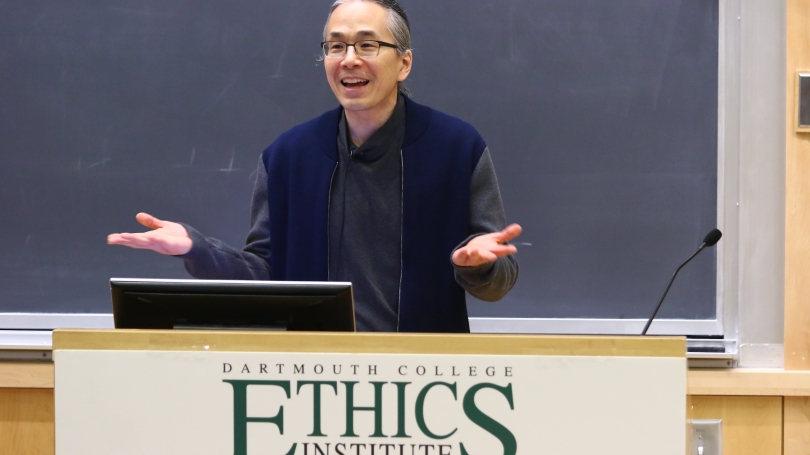
2018 Dorsett Lecturer Ted Chiang
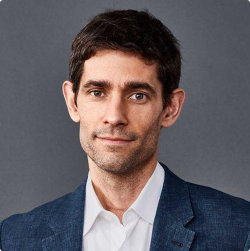

In case you missed it, watch with your Dartmouth ID here.
Technology is changing everything, but it's also moving more quickly than we can keep up with—how can we make sure it works for us instead of against us? Nicholas Thompson, CEO of The Atlantic and former editor-in-chief of WIRED, says that innovations have improved our lives in countless ways—"We live longer, eat better, and keep powerful computers in our pockets"—but we need vigilant journalism and an engaged society that is prepared to keep Big Tech in check. An award-winning author and former editor at The New Yorker, Nicholas teaches us what technology like ChatGPT can mean for our society, and how we can thrive in a future defined by new rules, new values, and new possibilities.
April 11, 2022, 4:30-600pm
steven_pinker_2_by_rose_lincoln_harvard_university2_copy.jpg
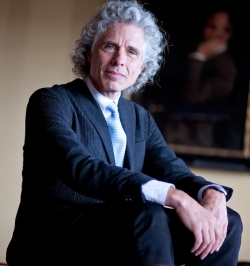
Watch here with your Dartmouth ID
STEVEN PINKER asks the big questions about human progress—and sets out, in public, to answer them. In 2018's Enlightenment Now, Pinker argues that, despite the headlines, the world is getting better, not worse. (Bill Gates calls it "my new favorite book of all time.") In optimistic keynotes, full of sharp wit, common sense, and dazzling argumentation, Pinker makes the case for reason, science, and humanism. These Enlightenment ideals, in the face of tribalism, authoritarianism, and other modern dangers to democracy, are worth celebrating—and protecting.
"Enlightenment Now is not only the best book Pinker's ever written. It's my new favorite book of all time"
— Bill Gates on Enlightenment Now
January 27, 2020 at 4:30 WATCH HERE
Nina Tandon is at the cutting edge of science where sci-fi meets reality. She works on growing artificial hearts and bones that can be put into the body, and studies the new frontier of biotech: homes, textiles, and videogames made of cells. Named one of Fast Company's Most Creative People in Business, and one of Foreign Policy's 100 Leading Global Thinkers, Tandon speaks on the future of healthcare and technology.
Nina Tandon is leading the charge of biology's industrial revolution. She is the founder and CEO of EpiBone, the world's first company growing living human bone for skeletal reconstruction. The benefits of this revolutionary stem cell technology, which has already been approved by the FDA for clinical trial, include simplified surgery, improved bone formation, and shorter recovery times for patients. "Being able to use your own cells means you're empowered to heal yourself as well," says Tandon, who also co-authored Super Cells: Building with Biology, a book cataloguing the latest biotech inventions "using nature's building block: the cell."
Nina Tandon believes that the era of engineered tissues—like, for example, a replacement kidney grown in the lab—is just beginning. Tandon shows us how we (and our bodies) have lived through most of history (Body 1.0), and then how we evolved into "cyborgs" with implants (such as pacemakers and artificial joints, Body 2.0). Now, Body 3.0 is all about growing our OWN body parts. For her Ph.D. thesis, Tandon grew cardiac cells that beat like tiny hearts. In this thrilling and eye-opening talk, she explains the process of growing tissue and transplants, and the future of medical science. With the help of manufacturing and information technology, we are on the verge of being able to grow human tissue—and Tandon is here to walk us through this unbelievably exciting era.
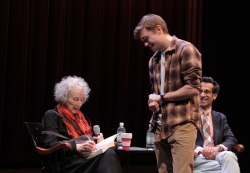
A master of speculative fiction proves that literature can show us our future—if we look.
Booker Prize-winning author of over fifty books, including The Handmaid's Tale and Alias Grace. Her talk on April 18, 2019, is available to stream with a Dartmouth ID here.
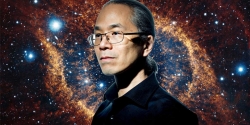
Ted Chiang is an American science fiction writer. His short story "Story of Your Life" was the basis of the film Arrival (2016). His talk will address the ethical implications of speculative technologies. Watch the lecture here.
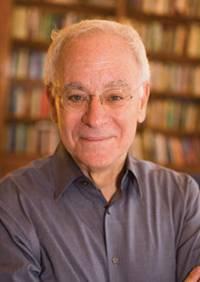
Robert Post is a Sterling Professor of Law at Yale Law School, and served as the School's 16th dean, from 2009 until 2017. Before coming to Yale, he taught at the University of California at Berkeley School of Law. Post's subject areas are constitutional law, First Amendment, legal history, and equal protection. He has written and edited numerous books, including Citizens Divided: A Constitutional Theory of Campaign Finance Reform (2014), which was originally delivered as the Tanner Lectures at Harvard in 2013. Other books include, Democracy, Expertise, Academic Freedom: A First Amendment Jurisprudence for the Modern State (2012); For the Common Good: Principles of American Academic Freedom (with Matthew M. Finkin, 2009); Prejudicial Appearances: The Logic of American Antidiscrimination Law (with K. Anthony Appiah, Judith Butler, Thomas C. Grey & Reva Siegel, 2001); and Constitutional Domains: Democracy, Community, Management (1995). Watch the lecture here.
Read about this lecture in the Valley News.
January 10, 2018
"The Half-Life of Freedom: Race and Justice in America Today"
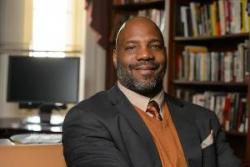
Jelani Cobb is an American writer, author and educator. The Ira A. Lipman Professor of Journalism at Columbia University, Mr. Cobb was previously an associate professor of history and director of the Institute for African American Studies at the University of Connecticut in Storrs, Connecticut from 2012 to 2016. Since 2015, he has been a staff writer at The New Yorker.
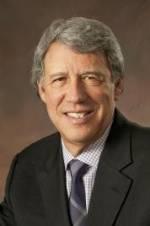
Geoffrey R. Stone is the Edward H. Levi Distinguished Service Professor at the University of Chicago and is a noted First Amendment scholar.
The nature and scope of freedom of speech on college campuses has become a hot button issue. How should universities respond to calls for restricting speech? Do these restrictions inform academic freedom or undermine it? What ought universities do when freedom of speech conflicts with a commitment to equality?
Lecture Title: "Free Speech on Campus: A Challenge of Our Times"September, 2017. Watch the lecture
President of the Carnegie Council - "Rising Fences: Migrants, Borders and a New Frontier for Ethics", Winter 2015
"Engaged Buddhism and Ethics: Practicing Compassion and Fearlessness in an Endangered World” Winter 2014
Mary B. Saltonstall Professor and Professor of Ethics and Population Health at Harvard School of Public Health, Spring 2013
Henry R. Silverman Professor of Law and Professor of Philosophy at the University of Pennsylvania, Spring 2012
Attorney, author, Special Master of the Federal September 11th Victim Compensation Fund of 2001, head of BP Claims Fund for 2010 gulf oil spill. Spring 2011
Nonfiction writer, Mountains Beyond Mountains and Strength in What Remains Spring 2010
Presidential historian, biographer, Fall 2008
Author, investigative journalist, Winter 2008
President of Columbia University, Fall 2005
Former Editor of the New England Journal of Medicine, author. Spring 2005
Professor of Animal Science at Colorado State University, consultant to the livestock industry on animal behavior, and autism spokesperson. Spring 2004
Founder and CEO of Tom’s of Maine, Spring 2003